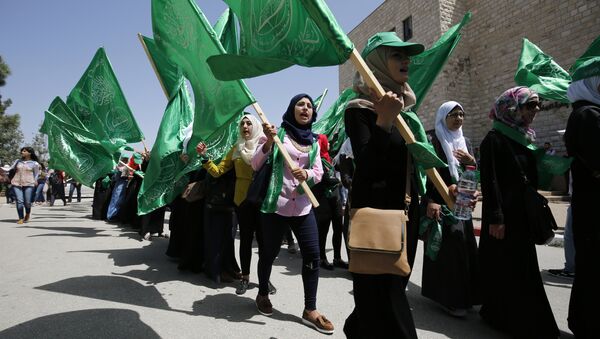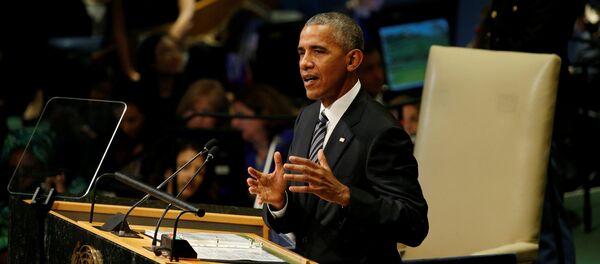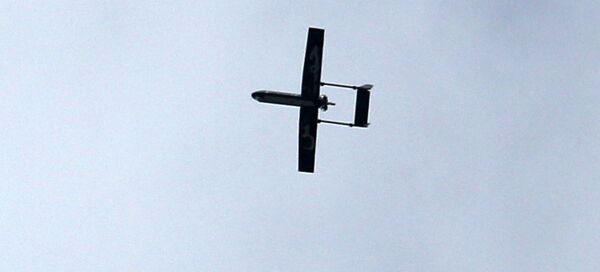In 2001, the European Union instituted travel bans for individuals associated with Hamas and the Sri Lankan group Liberation Tigers of Tamil Eelam. The decision involved placing those groups on the EU’s terrorism blacklist and freezing any assets they might have in the West.
Two years ago, the EU’s General Court ruled that the groups’ placement on the list was based on publicly available information rather than a proper investigation. On Thursday, Advocate General Eleanor Sharpston of the higher European Court of Justice agreed.
"[The EU] cannot rely on facts and evidence found in press articles and information from the internet, rather than in decisions of competent authorities, to support a decision to maintain a listing," Sharpston said, according to the Times of Israel.
"Some of the reasons advanced could not justify the decision to maintain the listing of LTTE and Hamas," she said, adding that the ECJ, "should annul the measures maintaining Hamas and LTTE on the EU list of terrorist organizations on procedural grounds."
The United States considers Hamas a "foreign terrorist organization." The US State Department added Fathi Hamad to its blacklist last week, claiming that during his time as Hamas interior minister in Gaza, he used his position to "coordinate terrorist cells."
The State Department also claimed that Hamad founded Al-Aqsa TV "with programs designed to recruit children to become Hamas armed fighters and suicide bombers upon reaching adulthood."
Israel considers Hamas a terrorist group, and has repeatedly accused it of attacking from the West Bank and the Gaza Strip.
An Islamist political and militant group, Hamas seeks the recognition of its independent State of Palestine and demands that Israel withdraw from the Palestinian territories it has seized. Hamas also governs the Gaza Strip, independent of the Palestinian Authority.
Despite Sharpston’s comments, there is no current indication that the European Court of Justice will adjust its ruling.




